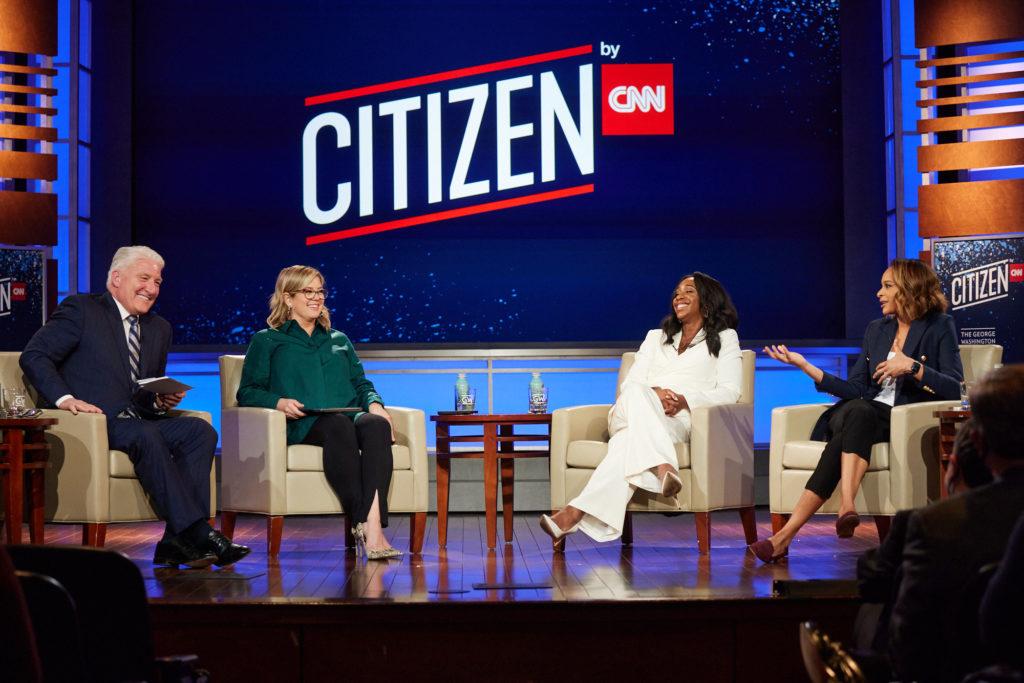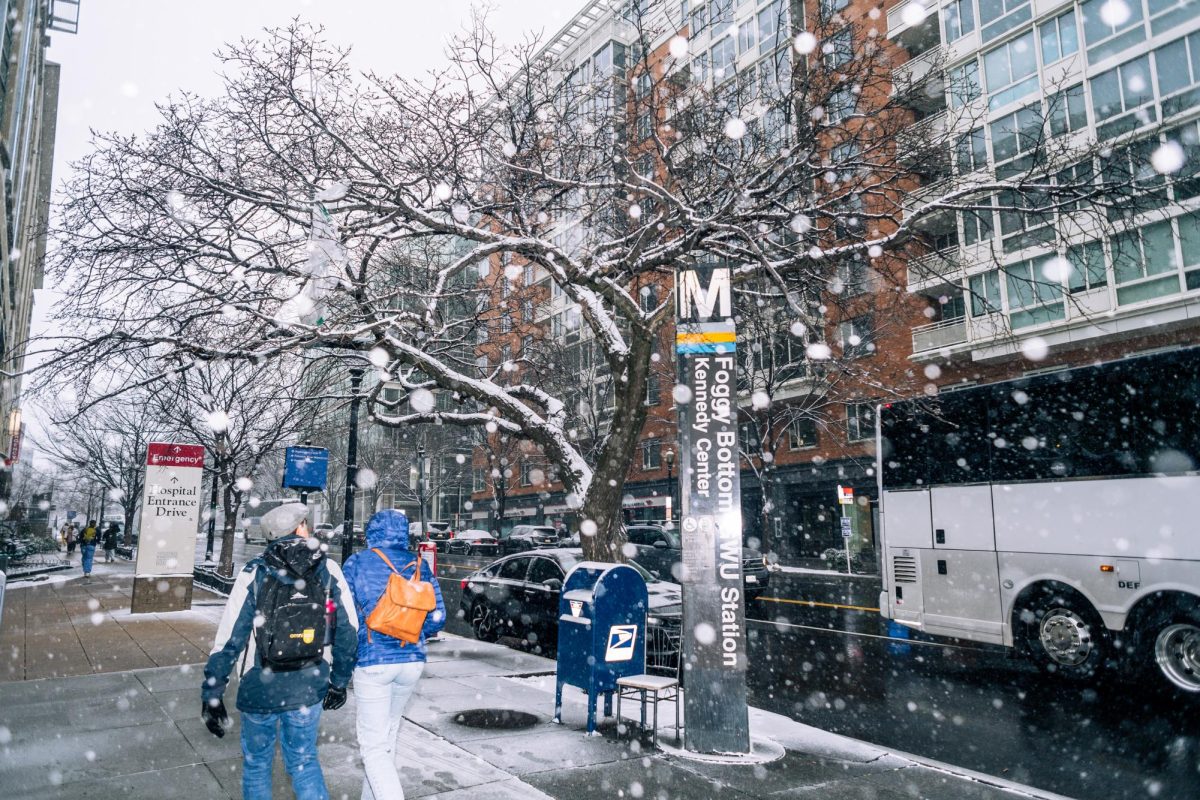CNN held an event discussing attacks on press freedoms at the School of Media and Public Affairs Tuesday.
Alex Marquardt, Jason Rezaian and Donie O’Sullivan discussed state suppression of free press in Iran, the insurrection on Jan. 6 and the modern trends of misinformation and disinformation in media. The event was the third CITIZEN by CNN installment at the Jack Morton Auditorium.
“Last year, the Nobel Committee awarded the Peace Prize to journalists Maria Ressa of the Philippines and Dmitry Muratov of Russia,” SMPA Director Silvio Waisbord said at the event. “This election recognized not only the importance of the press for peace and democracy but also the fact that press freedom is threatened.”
He said as global press freedom is increasingly taken for granted, democracies must remain vigilant in supporting a safe environment for journalists to work.
“Free should not be taken for granted, just like other fundamental democratic institutions, it needs to be constantly supported so citizens can have information that gives us the closest version of truth as possible, and helps us differentiate truth from fiction,” Waisbord said.
Marquardt, CNN’s senior national security correspondent, said this year’s World Press Freedom Day carried more significance as Russia is invading Ukraine and suppressing independent news outlets along the way.
“There’s not just the physical war that is happening,” Marquardt said. “There’s also a disinformation war that is very much underway.”
Rezaian – the Washington Post’s former bureau chief in Tehran, Iran – said Iranian authorities hacked and followed him before he was later arrested at gunpoint. He said Iran, which ranks 178th out of 180 countries in press freedom, is a “horrible” place to be a journalist, but it pales in comparison to Russia’s “professional” disinformation campaigns.
“For those of us who live and work in those kind of atmospheres the stress level is constant, but it’s always at a low hum” he said. “For me, in the days and weeks ahead of my arrest, it was starting to build. First it was packed into my social media and email accounts, next, it was being followed around Tehran, the city where I lived and worked. Until finally my wife and I were arrested at gunpoint, hauled off to prison, handcuffed, blindfolded and thrown into solitary confinement.”
O’Sullivan, a CNN correspondent covering the intersection of politics and technology, said he wanted to investigate how supporters of former President Donald Trump and conspiracy groups like QAnon get their information. He said he gained notoriety for his coverage of the Jan. 6 riots in 2021.
“I genuinely want to figure out what it is they believe in, why they believe it and try not to speak down on them,” O’Sullivan said. “I genuinely want to figure out why they arrived at this point.”
He said the Trump and Qanon supporters he interviewed expected him to say they were wrong and did not change their minds after talking to him, but said instead they appreciated the effort he put in to not misrepresent them.
“My role as a reporter is to go and find out, in this case, what people believe, why they believe it and to share that story.” he said.





